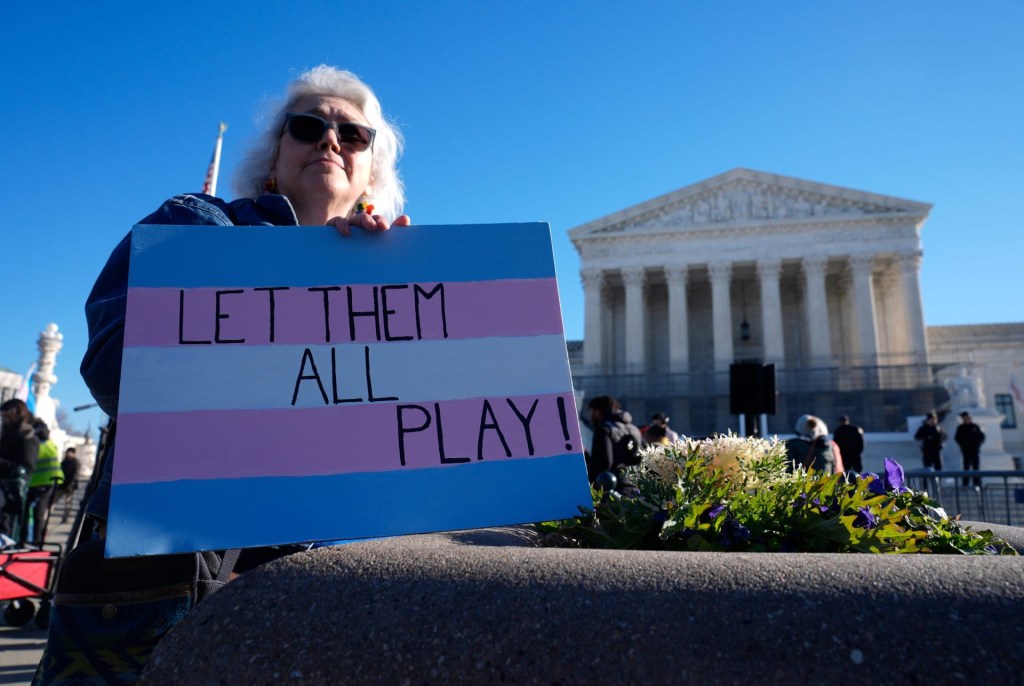Brett Favre and former University of Southern Mississippi president Rodney Bennett gave differing accounts of promises made to fund a USM volleyball arena in their depositions as part of the Mississippi Department of Human Services civil case over misspent federal welfare funds.
The construction project received $5 million in Temporary Assistance for Needy Families (TANF) funds, an impermissible use of money that is supposed to assist families living well below the poverty line. Text messages released in the case show Favre’s involvement in securing funding for a project that MDHS lawyers alleged was initially promised by the quarterback personally.
“My understanding, from my early January [2017] meeting with Brett was that Brett was going to pay, personally, for whatever the cost of the facility was,” Bennett testified during his October 2023 deposition. “… The agreement was, between Brett and me in my office, that he would pay for the entire amount, in an effort to have that facility able to move along the continuum faster than it would if it were a state capital project.”
Favre’s attorneys have long argued in the civil case where the Hall of Famer is among more than 40 defendants that Favre did not make a promise. Favre has not been charged criminally, and he’s denied any wrongdoing.
“Do you know of any reason why Dr. Bennett, now chancellor at University of Nebraska, would lie?” an attorney representing MDHS asked Favre during his December deposition.
Favre responded: “That’s a good question. I don’t. … I have no idea.”
The lawsuit alleges Favre entered into “a handshake deal” to “personally guarantee the funds necessary for the brick-and-mortar construction of a volleyball facility.” But in a Tuesday filing, Favre’s attorneys pointed to Bennett’s testimony where Bennett’s stated donors “have a right to change their mind” when it comes to funding promises.
“The allegedly fraudulent transfers, which took place at the end of 2017, thus could not have been a ‘benefit’ to Favre because, even if Favre had said he would pay for the cost of the facility, Favre had the right to change his mind and did change his mind long before those transfers were made or even contemplated,” Favre’s lawyers wrote.
Over the first half of 2017, MDHS alleged that Favre was trying to come up with the money through donations. Favre, however, was “unable to convince his friends and connections to donate enough money to meet his obligation to fund the construction of the volleyball facility,” according to the amended complaint. Several texts show Favre’s efforts to fund the arena—which originally was estimated to cost $4 million—with the assistance of the Mississippi Community Education Center, a nonprofit led by Nancy and Zach New, and then-head of MDHS, John Davis. The News and Davis have pleaded guilty to state and federal charges related to the scheme, and all three, like Favre, are also defendants in the MDHS lawsuit.
“Nancy thank you again!!!” Favre texted Nancy New in July 2017. “John [Davis] mentioned 4 million and not sure if I heard him right. Very big deal and can’t thank you enough.”
Favre “understood” that the money came from TANF funds, according to an MDHS filing in December 2022 filing in the case.

“Mr. Favre, what, if anything, did you do to determine that this plan, this $4 million that was coming in through Nancy New and John Davis for the volleyball facility, was lawful, that it was legal? What did you do?” an MDHS attorney asked Favre during his deposition.
Favre responded: “I didn’t do anything. Why would I even think for a second that it was wrong or illegal? There was no reason for me to think it, especially when [the] IHL Board [Mississippi State Institutions of Higher Learning], the Attorney General, the governor’s office, and the University are okay with it. Why would I think that it was wrong?”
Favre said that he did not contact a lawyer during the process of securing funds for the volleyball center. Favre also was asked about why he wanted to build the facility.
“I knew that there was a very good chance that my daughter would not play in there,
because I knew she was going to play [beach volleyball] when it was added, and that’s what happened,” Favre said. “She never played in there at all.
“Did I want her to play in there? It would have been nice. Is that the reason I built it, or we built it? Absolutely not.”
The eight pages of Favre’s deposition entered into the court docket this week were the first to be made public so far. Favre was deposed for more than eight hours, and the full transcript spans 321 pages.
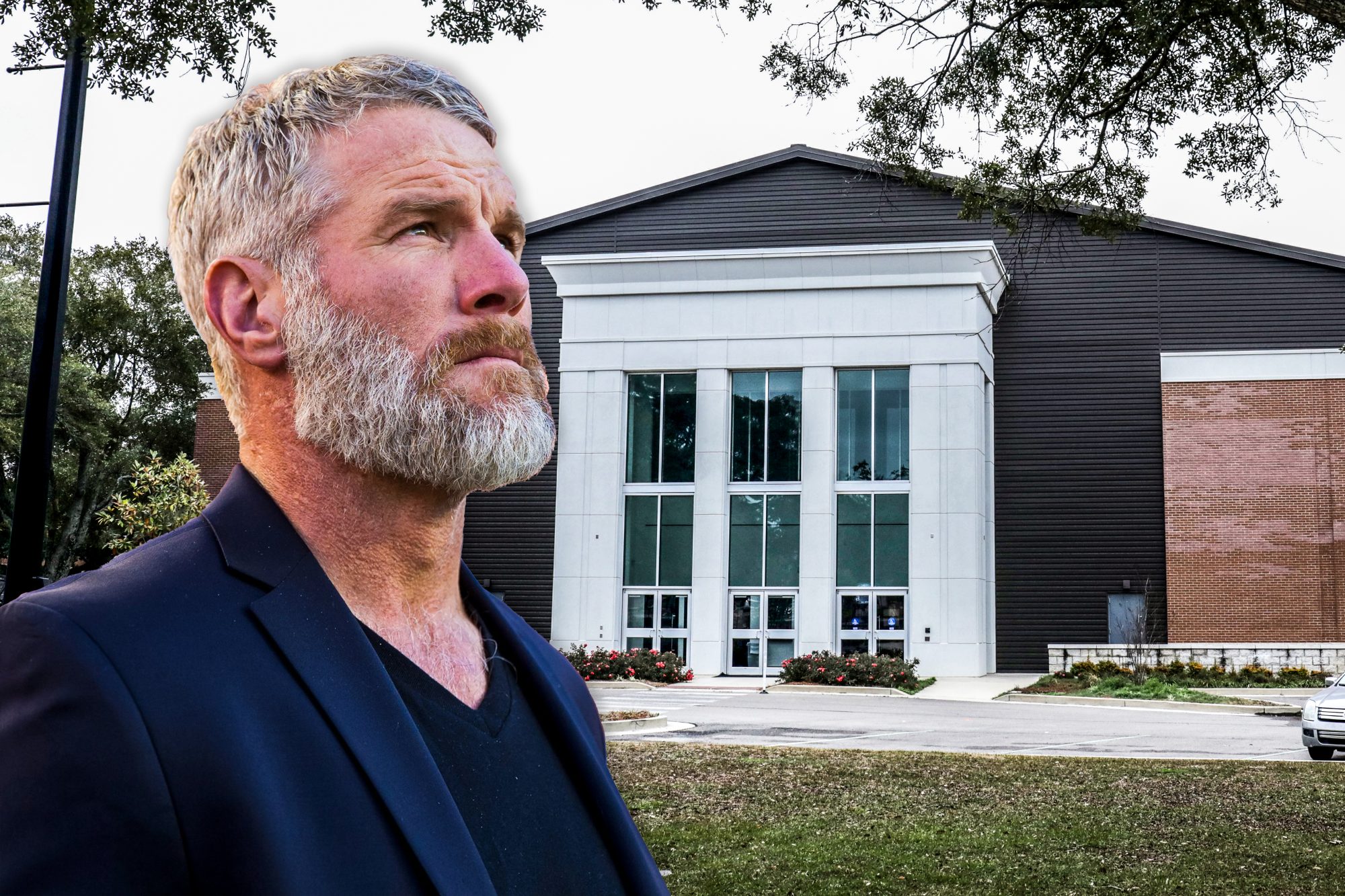
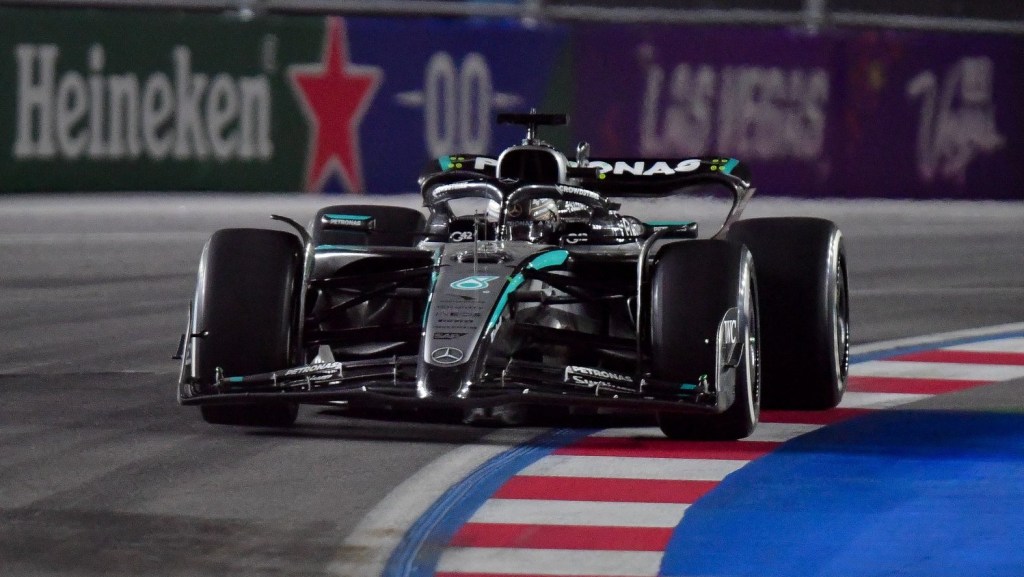
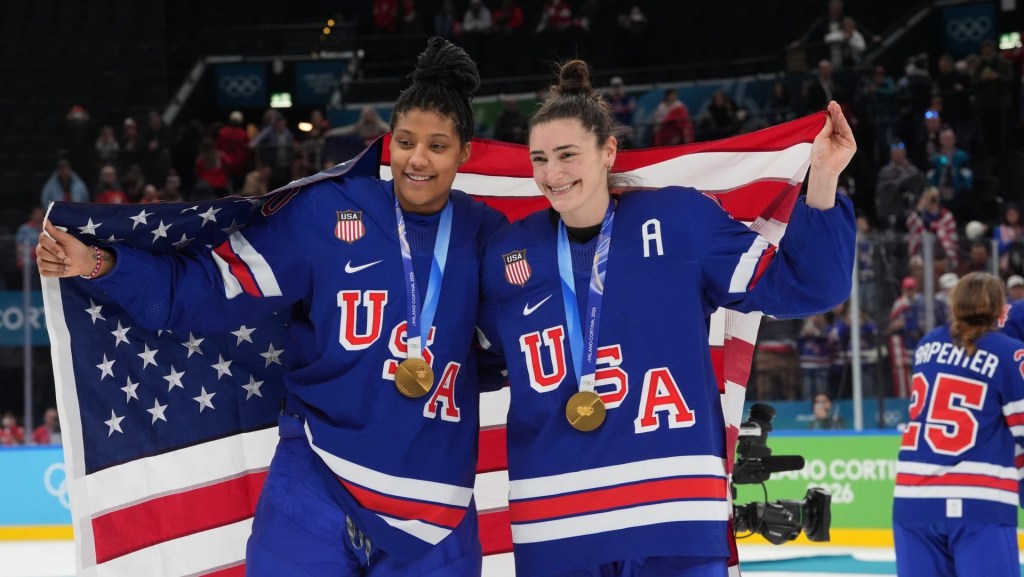
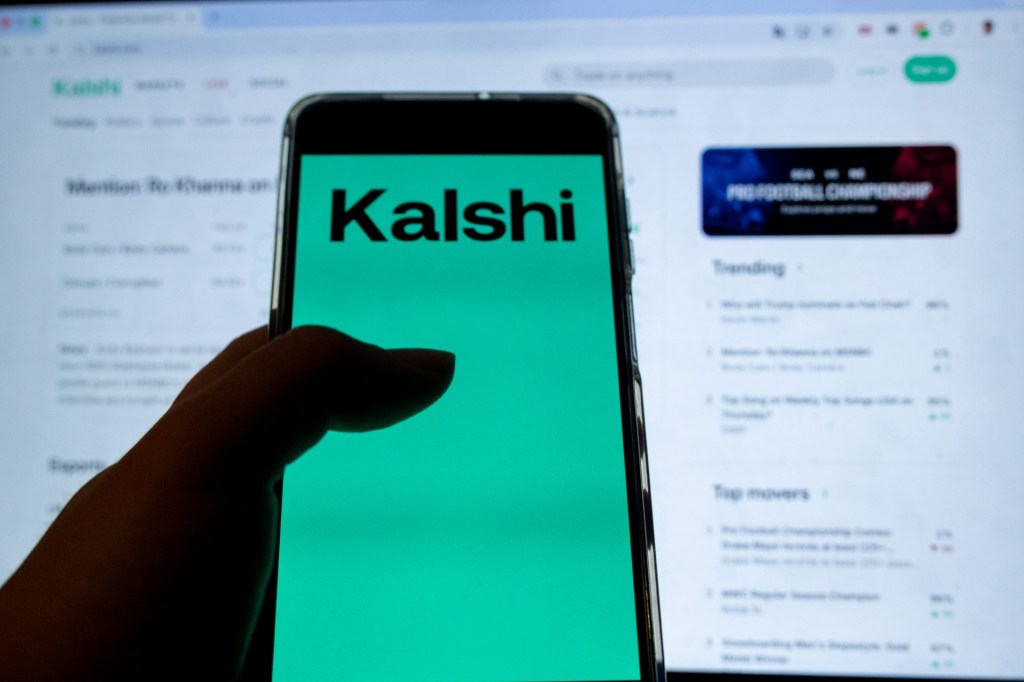
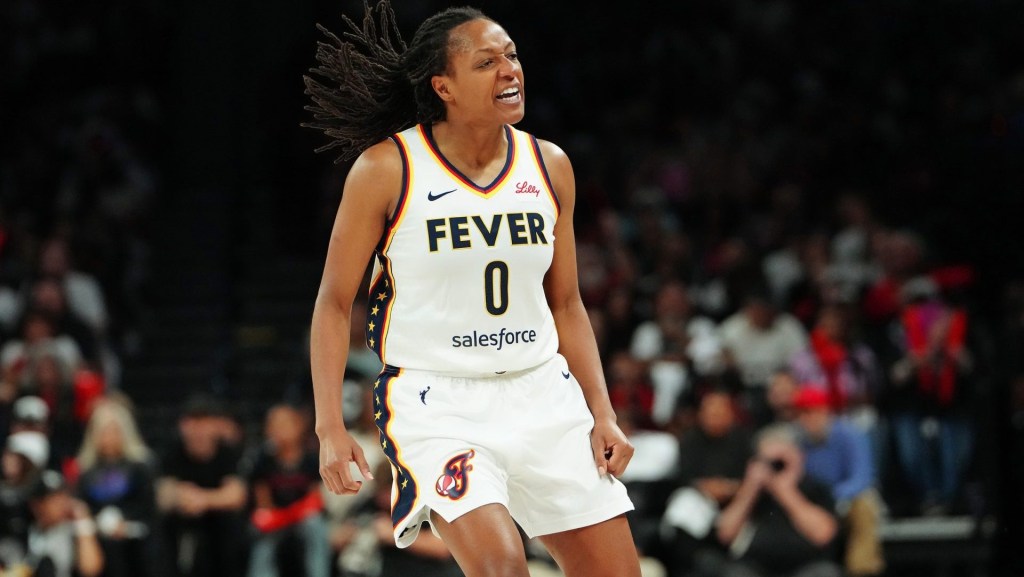
![[Subscription Customers Only] Jul 13, 2025; East Rutherford, New Jersey, USA; Chelsea FC midfielder Cole Palmer (10) celebrates winning the final of the 2025 FIFA Club World Cup at MetLife Stadium](https://frontofficesports.com/wp-content/uploads/2026/02/USATSI_26636703-scaled-e1770932227605.jpg?quality=100&w=1024)










